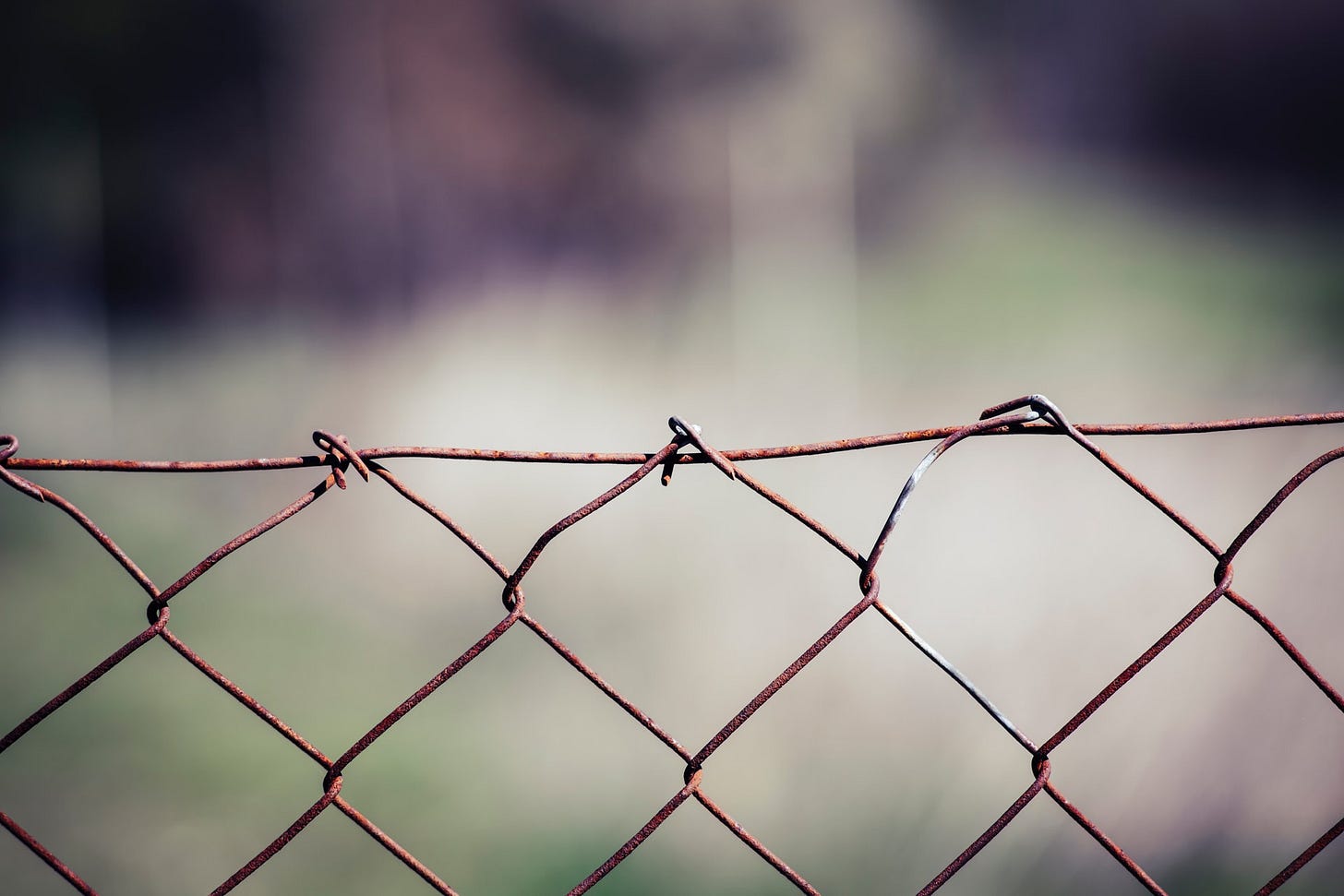Welcome to Worldwise, a newsletter to help discerning readers get truly global insight where current affairs meet humanity.
If you’re new to this space, sign up to get these posts straight to your inbox.
As an independent newsletter, Worldwise relies on your support. You can help by sharing this post with a couple of friends who might enjoy reading it. Thank you!

Photo by Markus Spiske on Unsplash
The Worldwise View
This last instalment of the mini-series is about a blind spot in global coverage, and it has to do with geography.
To catch up on the previous ones, here’s #1 and #2.
#3—Remote doesn’t equal irrelevant
Let me start by rewinding a bit.
In the previous post in this series, I talked about how serious analysis of the risks took second place to the social-political preoccupations of early coronavirus coverage by media outlets with global reach.
The post ended with a question I raised in a relevant panel discussion between political and science journalists in the UK—which was why early signs of a global threat didn’t make it to the front pages.
The panel didn’t quite share my assessment that early signs weren’t covered adequately. One argument put forward to support the view that coverage was proportionate to the threat was that it ramped up when the coronavirus crossed borders into Europe.
This goes back to a truism in journalism: that one of the main criteria of newsworthiness is the proximity of an event to the publisher’s audience.
But sometimes, by the time it gets close, it’s too late. The pandemic shows quite dramatically that what gets missed when distant events are deemed irrelevant could be dangerous.
We’ll never know how things would turn out if journalists asked more questions earlier about the risk of the virus crossing the border into Europe—or if scientists with modelling expertise raised concerns in the public domain. We do know that hindsight is wonderful. In real time there’s always a balance to strike between warning of what’s probable and avoiding undue alarm.
But this isn’t just about the pandemic.
What happens outside the Global North tends to attract less attention and in-depth coverage by media outlets with global reach, which are of course based in the Global North.
Power and voice are connected.
In this post from July I mentioned the example of locust swarms—for months, and before Covid-19, a catastrophic event unfolding in large areas of Africa and Asia. Yet, not the subject of extensive analysis on the world’s front pages.
It does make sense that we’d see what’s happening in our own back yard as more relevant. But it’s a tendency that also has its problems. It implicitly forsakes the principle that every life matters. And it’s an attitude that’s self-defeating because it ignores our inter-connectedness.
Hazards can travel or reverberate far from their place of origin. And although we’ve had a painful lesson about this in Covid-19, the connections aren’t always felt as a pandemic shock.
As I’ve tried to explore in this piece for Ensia back in May, that inter-connectedness is a part of the everyday of how we live and do business. This is slowly coming into sharper view—for example in a very nice, short documentary in the New York Times by visual journalist Jonah Kessel, whose message goes for the kill: "The pandemic is your fault."
We can also see the inter-connectedness play out in migration that has roots in environmental degradation, climate change or shifting demographics. And in turn, when migration pressures aren’t handled well, social cohesion suffers. When Lake Chad shrinks, Europe cracks.
Proximity does still matter for relevance. But remoteness doesn’t equal irrelevance. It’s worth thinking twice about taking a narrow view on this journalistic criterion.
Perhaps I risk preaching to the converted at this point. If you’re here, chances are you already know that what happens in other parts of the world matters. Here, we pay attention 🌎
NB. The three reflections I’ve shared with you this month informed how this newsletter evolved, along with the results of the reader survey—thank you to everyone who responded back in May. New subscribers who’d like to feed back on what’s most useful to you or what you’d like to see more of in this newsletter, feel free to reply and email me directly.
Worldwise is written by Anita Makri. You can help keep the project going for the cost of a cup of coffee—or spiced chai, or why not, something more potent.
Questions, thoughts, or something I missed? Hit reply or leave a comment below.
Enjoying it? Let me know by tapping the little heart button, or share to spread the word.
Was this email forwarded to you? Learn more and subscribe here.



